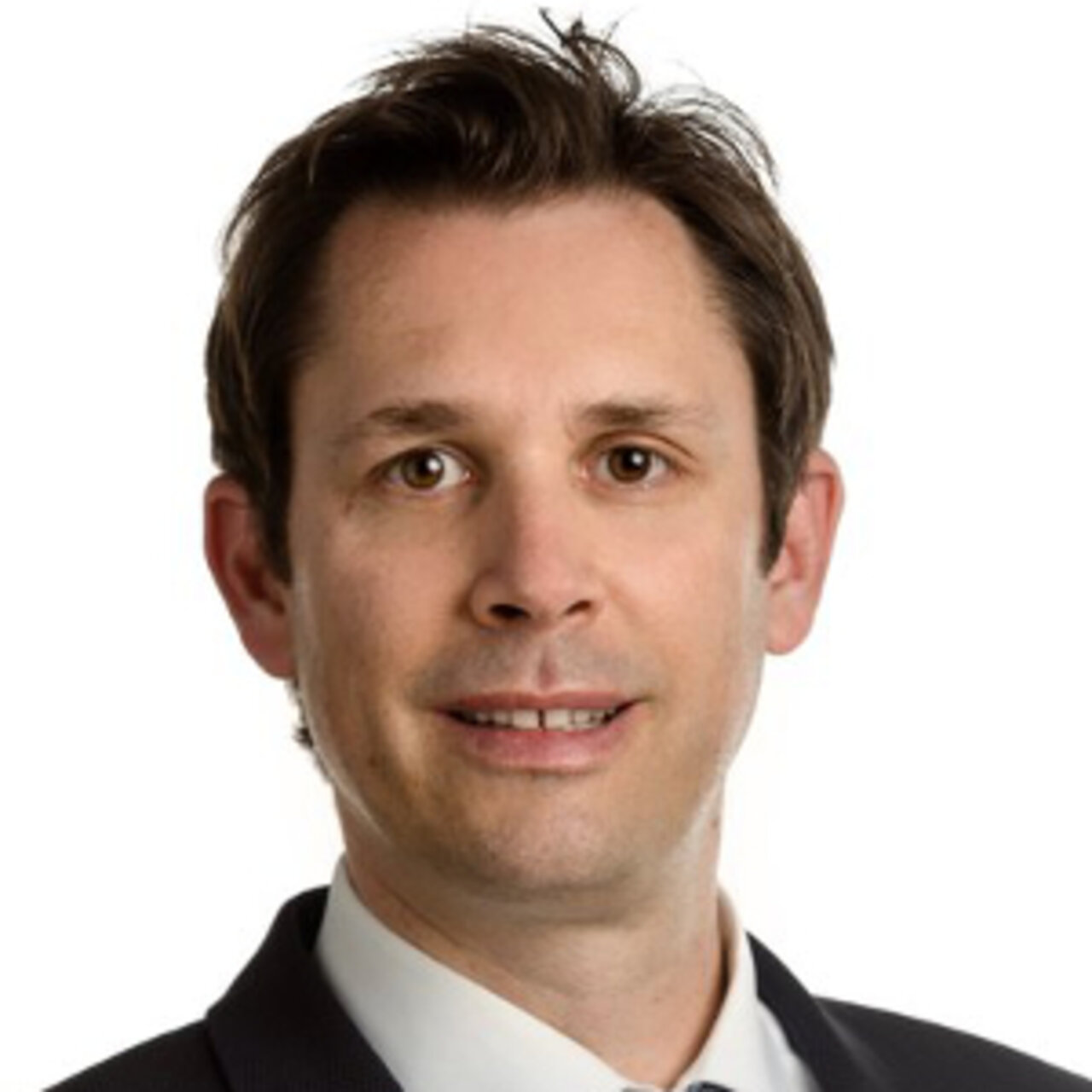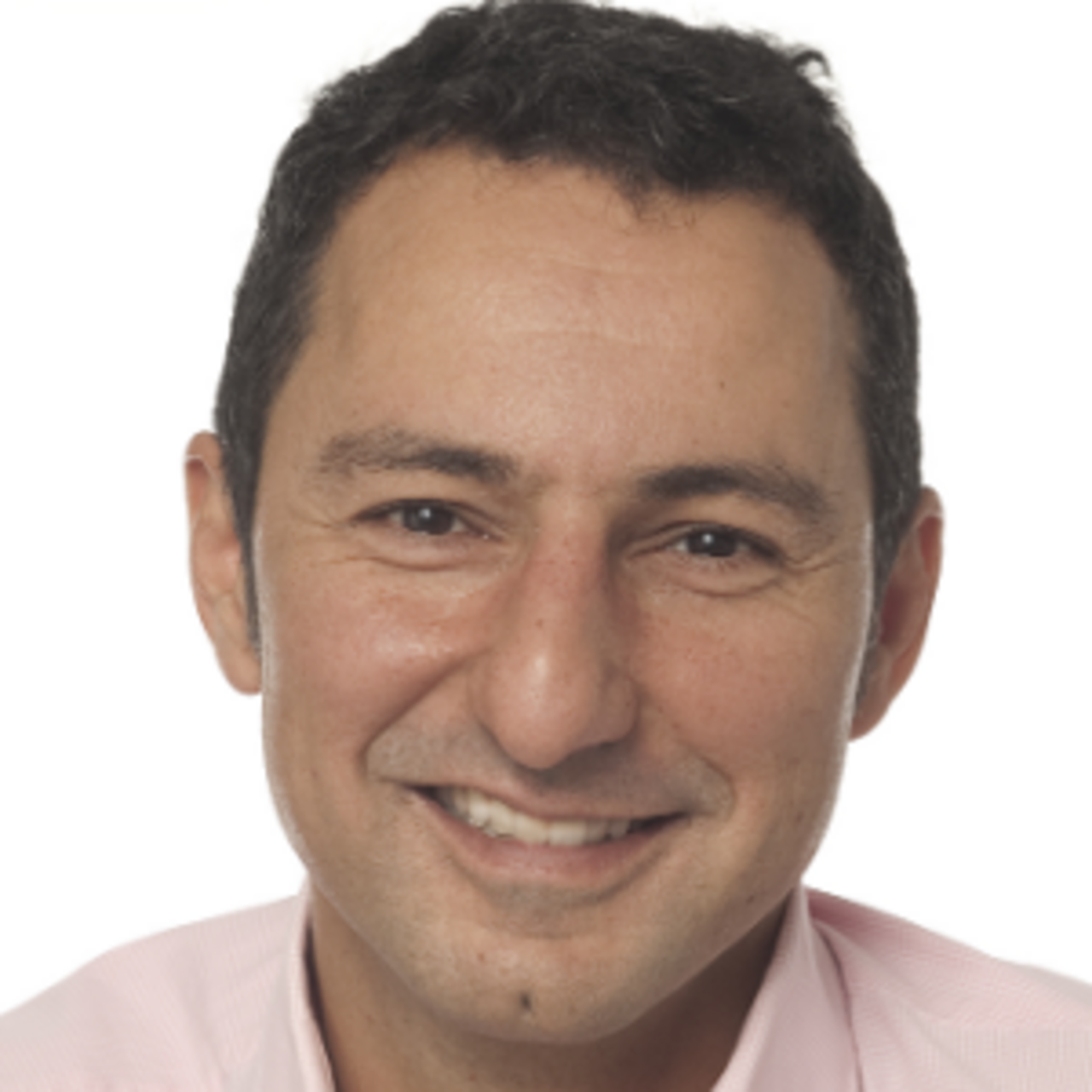Specialists in Diagnosis of Dementia
3 Specialists found
Information About the Field of Diagnosis of Dementia
How Can Dementia Be Detected?
Degenerative processes of our nerve cells in the brain are a typical sign of aging. If the resulting cognitive impairment progresses faster than usual, we speak of dementia. However, behind this generic term, various forms of mental absence can be traced back to multiple causes. Since different triggers require different treatment, differential diagnosis is essential.
Through an early professional diagnosis of progressive cognitive impairments, applied forms of therapy in dementia are often more targeted and therefore more effective in granting the patient preservation of life quality.
Which Dementia Tests Are Available?
Standardized questionnaires such as the DemTect or the MiniMentalStatusTest and the simple task of drawing a clock (clock test) can be used primarily to determine the extent of cognitive impairment. However, such tests only serve as screening examinations that provide orientation without great effort as to whether further diagnostics are necessary.
To obtain as objective a picture as possible of the patient's life situation, the patient is questioned in detail about their biography and current state of health. The descriptions of close relatives and caregivers are also considered. (External anamnesis)
Since neurological symptoms can also have internal causes, the status of relevant organ systems, such as the cardiovascular or endocrine system, is determined with a wide range of laboratory diagnostics. In this way, any deficiencies in trace elements can also be detected. If these findings are age-appropriate, imaging procedures are used.
Imaging Procedures
Computed or magnetic resonance tomography can provide indications of age-related degeneration of the brain substance, constriction of supplying blood vessels, and space-occupying tumor growth. Nuclear medicine methods such as single-photon emission computed tomography (SPECT) or positron emission tomography (PET) can examine the blood flow to various brain areas and the glucose metabolism of the tissue. The symptoms of Alzheimer's dementia appear to be caused, among other things, by the deposition of misfolded proteins known as amyloid plaques. For some years now, these can be visualized with amyloid PET.
CSF Diagnostics
If an inflammatory process is suspected within the cranial dome, cerebrospinal fluid (CSF) can be taken from the spinal canal by a puncture at the level of the lumbar vertebrae. If the number of leukocytes or specific proteins in the sample is elevated, this indicates inflammatory processes. In addition, the frequent presence of misfolded amyloid or tau proteins in the cerebrospinal fluid can be used to distinguish age-degenerative forms such as Alzheimer's disease from dementia with a vascular cause.
Which Doctors Diagnose Dementia?
The first point of contact when dementia is suspected is the general practitioner, who will perform screening and take a blood sample. In case of urgent suspicion, he will refer the patient to a neurologist, psychiatrist, or a specialist in geriatric medicine.
The clarification of the symptoms usually takes place in an outpatient setting. Due to the increasing importance of dementia in today's society, there are numerous geriatric psychiatric centers, memory clinics, and memory outpatient clinics specializing in diagnosing and treating cognitive degeneration.
We can help you find an expert for your condition. All listed physicians and clinics have been reviewed by us for their outstanding specialization in dementia diagnostics and are awaiting your inquiry or treatment request.
Literature
- www.gesundheit.gv.at/krankheiten/gehirn-nerven/demenz/diagnose
- www.labor-clotten.de/Liquordiagnostik-Dif.577.0.html
- Fortschritte der Neurologie Psychiatrie 05/2019: Subjektive Gedächtnisbeeinträchtigungen in der Früherkennung von Demenzen: Beziehung zur Akzeptanz der Lumbalpunktion bei Patienten einer Gedächtnissprechstunde


